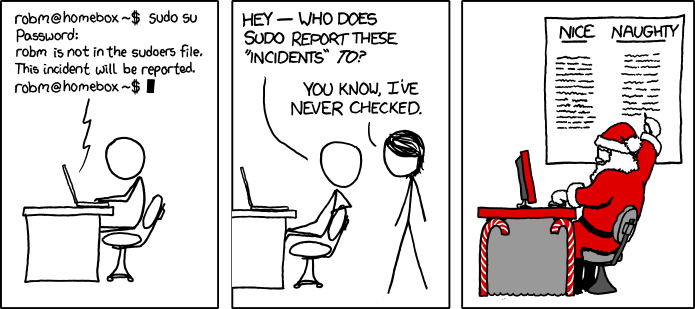

| Main index | Section 3 | 日本語 | Deutsch | Options |
#include <stdio.h>
#include <string.h>
The strerror() function accepts an error number argument errnum and returns a pointer to the corresponding message string in the current locale. strerror() is not thread-safe. It returns a pointer to an internal static buffer that could be overwritten by a strerror() call from another thread.
The strerror_l() function accepts errnum error number and locale locale handle arguments and returns a pointer to a string corresponding to the specified error in the given locale. strerror_l() is thread-safe, its result can be only overwritten by another call to strerror_l() from the current thread.
The strerror_r() function renders the same result into strerrbuf for a maximum of buflen characters and returns 0 upon success.
The perror() function finds the error message corresponding to the current value of the global variable errno (intro(2)) and writes it, followed by a newline, to the standard error file descriptor. If the argument string is non- NULL and does not point to the null character, this string is prepended to the message string and separated from it by a colon and space (": "); otherwise, only the error message string is printed.
If the error number is not recognized, these functions return an error message string containing "Unknown error: " followed by the error number in decimal. The strerror() and strerror_r() functions return EINVAL as a warning. Error numbers recognized by this implementation fall in the range 0 < errnum < sys_nerr. The number 0 is also recognized, although applications that take advantage of this are likely to use unspecified values of errno.
If insufficient storage is provided in strerrbuf (as specified in buflen) to contain the error string, strerror_r() returns ERANGE and strerrbuf will contain an error message that has been truncated and NUL terminated to fit the length specified by buflen.
The message strings can be accessed directly using the external array sys_errlist. The external value sys_nerr contains a count of the messages in sys_errlist. The use of these variables is deprecated; strerror(), strerror_l(), or strerror_r() should be used instead.
Programs that use the deprecated sys_errlist variable often fail to compile because they declare it inconsistently. Size of the sys_errlist object might increase during FreeBSD lifetime, breaking some ABI stability guarantees.
| STRERROR (3) | December 7, 2020 |

| Main index | Section 3 | 日本語 | Deutsch | Options |
Please direct any comments about this manual page service to Ben Bullock. Privacy policy.
